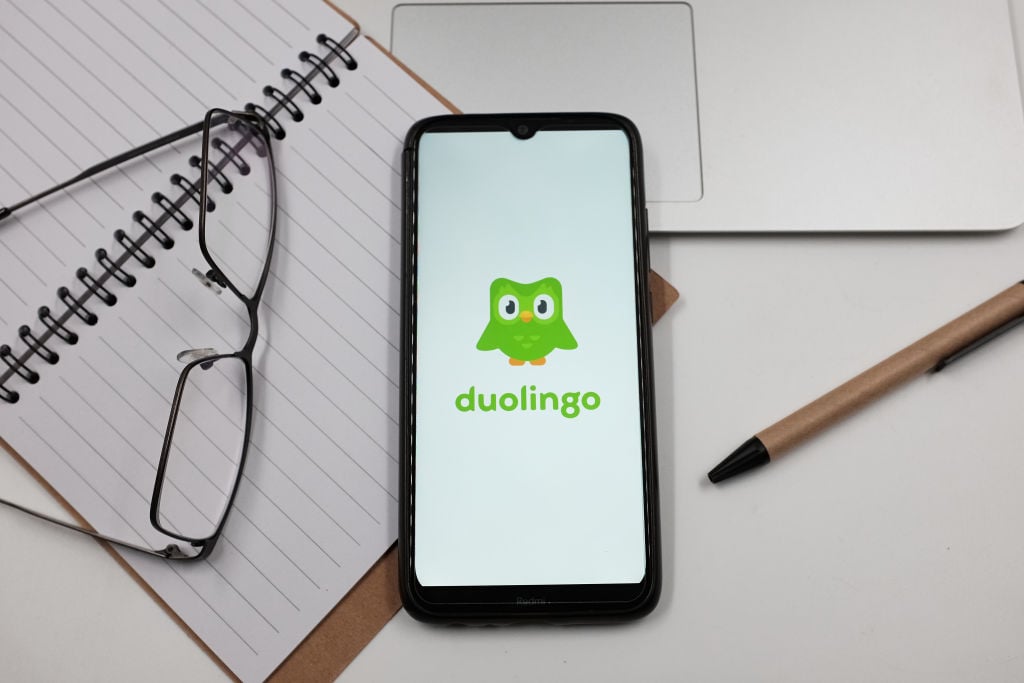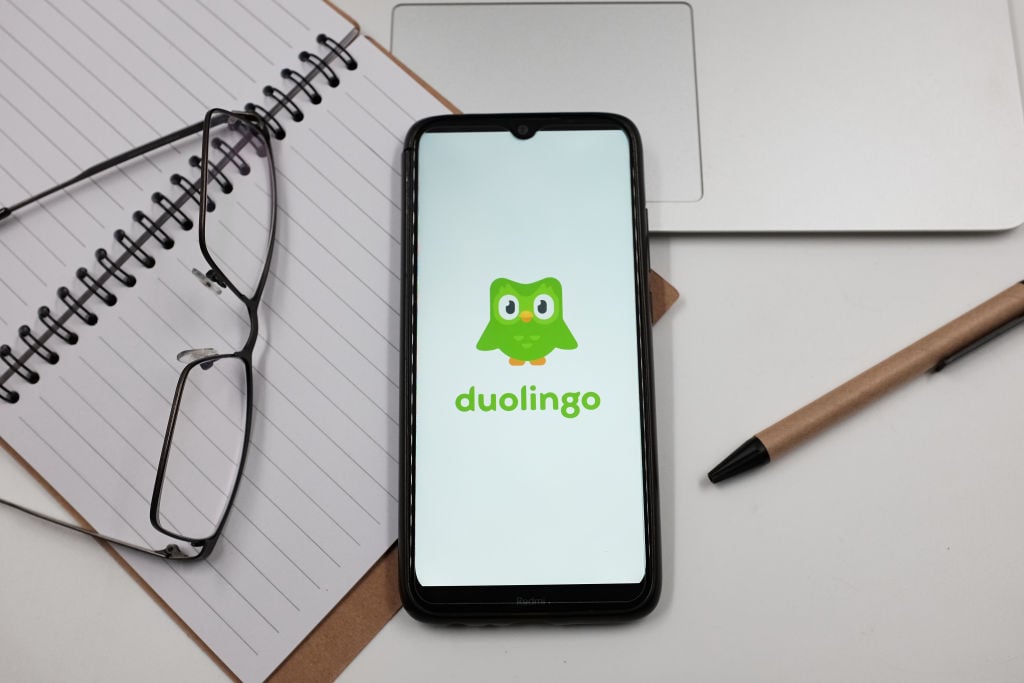The stock market has been wobbly in 2025, but as of Aug. 25, the S&P 500 (^GSPC 0.53%) index has still gained an above-average 14.6% in the last 52 weeks.
So, a lot of stock charts are rising -- but some class acts didn't get the memo about this broad uptrend. That imbalance creates a few tempting investment options.
Right now, my hands are hovering around the "buy" button for big-box retailer Target (TGT +1.09%) and online language-learning expert Duolingo (DUOL 5.75%). I'll walk you through the reasons why, so you can decide whether these ideas are right for your portfolio.

NYSE: TGT
Key Data Points
Target: Down 39% in a year, up 3% this quarter
Target has been in full-fledged turnaround mode for several quarters now. Last week's second-quarter report didn't help, despite slightly positive surprises on both the top and bottom lines.
Target investors were spooked by longtime CEO Brian Cornell's retirement, which the company reported alongside the quarterly financials. Many saw this executive turnover as an opportunity to try new ideas under a radically different management team, but incoming replacement Michael Fiddelke seems likely to continue the current course. With a 20-year Target career, Fiddelke has served as CFO and then COO over the last six years. In other words, Fiddelke is steeped in Cornell's management style and has played a part in developing the active strategy. And it won't be an abrupt change, as Fiddelke takes the CEO post in February after an orderly transition.
That could be bad news if you think there's something fundamentally wrong with Target's strategy, but I like what the company is doing. Cornell is leaning into the slightly upscale notion of "Tar-zhay," positioning Target as a better shopping experience instead of playing cost-cutting games with world-class rivals Walmart (WMT 0.27%) and Costco Wholesale (COST +0.96%). Cornell wants to beat those mass retailer alternatives by playing a different game.
It's a new twist on a familiar idea: "If you can't join 'em, beat 'em!"
In the meantime, Target's stock has fallen to six-year lows with a bargain-bin valuation of 11 times earnings and 0.42 times trailing sales. More than five decades of annual dividend increases combine with low stock prices to set up a mouth-watering dividend yield of 4.7%.
Yes, turnaround efforts are always risky but this one can fall back on a clear strategy and a household-name brand. That should be worth a few shares in a diversified long-term portfolio. You can lock in that juicy dividend yield and bet on Target's "elevated experience" strategy by grabbing a few shares at today's rock-bottom prices.

NASDAQ: DUOL
Key Data Points
Duolingo: Up 53% in a year, down 38% this quarter
Duolingo is a different story. If Target stock is a bargain, Duolingo is a skyrocketing growth stock that's taking a step back from recent record prices.
The stock trades at borderline scary valuation ratios. It's 134 times earnings and 16.6 times sales, and even growth-oriented metrics like the price-to-earnings-to-growth (PEG) ratio is an uncomfortable 2.6. Here, a value around 1.0 typically points to a fair valuation for high-growth stocks.
How lofty are those ratios? Well, Duolingo keeps crushing Wall Street's earnings and revenue estimates, including substantial outperformance in early August's second-quarter report. The financial update resulted in a 36% stock price jump the next day, but the gains didn't last. The entire boost was gone a week later, for no good reason. Duolingo investors are just nervous about a shaky economy and soft consumer spending, which could soften the company's incredible user and revenue growth.

Image source: Getty Images.
I'll admit that the stock may have needed a price correction in recent months. Even now, after a 38% price drop in three months, Duolingo investors have pocketed a 226% gain in three years. You've seen the generous valuation metrics. This isn't a cheap stock.
However, I'll disagree if you say that Duolingo still looks too expensive. The $14.7 billion market cap you see today may look very cheap in a few years. Duolingo's long-term ambitions are lofty, too -- co-founder and CEO Luis von Ahn wants to build a global learning platform for lots of different subjects. Current non-language experiments include math, music, and chess. I can't wait to see von Ahn adding stuff like chemistry, history, and social science to the curriculum someday.
And you can get in on the ground floor of that long-term journey, relatively speaking. I think this high-octane growth stock deserves a premium share price. The steep short-term price drop that's on the table right now looks like a tremendous buying opportunity, high valuation ratios notwithstanding.








